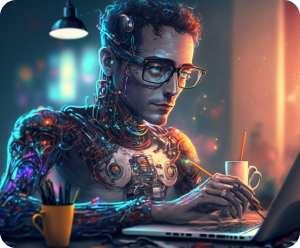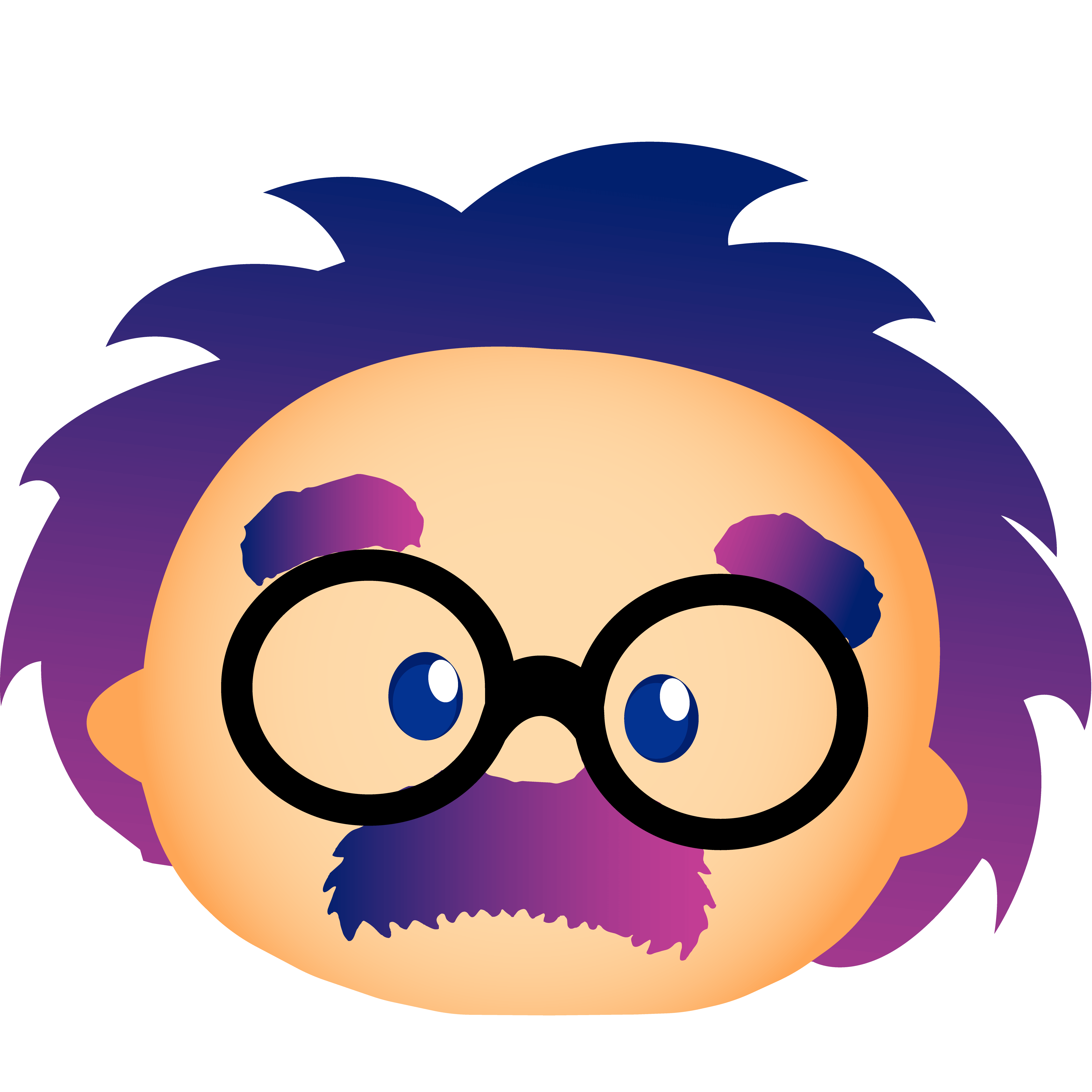
rtificial Intelligence: The Digital Revolution Reshaping the World
In today’s era, artificial intelligence (AI) has become one of the most exciting and influential technological fields, transforming various aspects of life. AI is no longer just a theoretical concept from science fiction books but a tangible reality that enhances our daily lives, advances businesses, and drives fundamental changes in sectors like healthcare, education, and industry. In this article, we will explore AI’s definition, types, applications, challenges, and its profound impact on the future.
What is Artificial Intelligence?
Artificial intelligence is a branch of computer science that aims to develop systems capable of simulating human intelligence through learning, analysis, and decision-making. AI can perform tasks that typically require cognitive abilities such as understanding, reasoning, and learning from past experiences. It relies on techniques like machine learning and deep learning, enabling systems to evolve and adapt to data without explicit programming for every scenario.
Types of Artificial Intelligence
AI can be classified into several main types based on its level of development and capabilities:
Artificial Narrow Intelligence (ANI)
- This type specializes in specific tasks, such as voice recognition in virtual assistants (e.g., Siri, Google Assistant) or data analysis in recommendation systems.
- It is the most commonly used AI today, but it lacks the ability to think or make decisions outside its programmed scope.
Artificial General Intelligence (AGI)
- AGI refers to a level of intelligence that can mimic human cognitive abilities, allowing it to perform any intellectual task a human can do.
- This type is still under research and development and has not yet been achieved practically.
Artificial Super Intelligence (ASI)
- ASI surpasses human intelligence in all aspects, including creativity, problem-solving, and decision-making.
- It remains a theoretical concept but raises ethical concerns about its potential impact on humanity.
Applications of Artificial Intelligence
AI is used across various industries, including:
- Healthcare: AI aids in analyzing medical images, diagnosing diseases, and developing new drugs.
- Business & Commerce: It helps analyze customer behavior, improve user experience, and predict market trends.
- Education: AI provides personalized learning experiences, automates grading, and offers smart tutoring systems.
- Manufacturing & Industry: AI enhances productivity through automation and intelligent robotics in factories.
- Cybersecurity: AI improves threat detection and strengthens defenses against cyberattacks.
Challenges and Risks
Despite its numerous benefits, AI faces several challenges, including:
- Ethics & Privacy: The misuse of AI could lead to privacy violations and manipulation of information.
- Technological Unemployment: Automation may replace traditional jobs, raising concerns about employment opportunities.
- Bias in Data: If AI systems are trained on unbalanced data, they can produce biased decisions, affecting fairness and equality.
The Future of AI
The world is moving towards deeper integration of AI into daily life. With advancing technologies, we can expect remarkable innovations such as self-driving cars, highly sophisticated virtual assistants, and AI-powered robots capable of performing complex tasks with high efficiency. However, it is essential to establish regulations and policies to ensure the responsible and safe use of AI.
Conclusion
Artificial intelligence is a driving force behind the modern digital revolution, shaping the future in unprecedented ways. With its advanced capabilities, AI has the potential to enhance life quality, increase productivity, and foster innovation across multiple fields. However, it must be approached with caution to ensure its benefits outweigh its risks. When harnessed correctly, AI will serve as a gateway to a new era of progress and prosperity.



